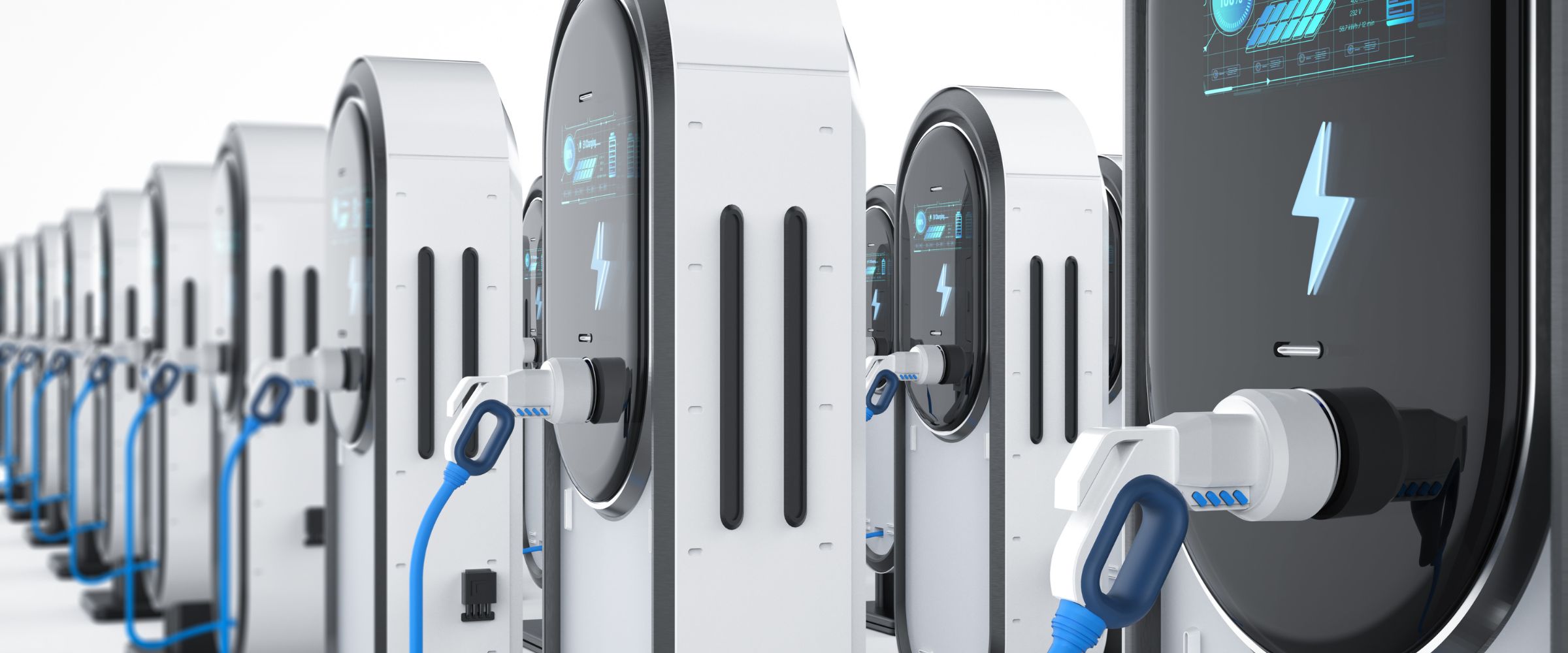Are electric vehicles still the future of transport?

August 30, 2023 in Frameworks
In 2019 the UK government announced that the sale of new petrol and diesel cars in the UK will end by 2030*. This plan is part of the wider commitment to the Net Zero Coalition target for 2050, and if met, would put the UK on course to be the fastest G7 country to decarbonise cars and vans*.
Will we reach the 2030 target?
It is widely known that electric vehicles have lower running costs, are quieter, and better for the environment. Additionally, they are easier to repair compared to traditional fuelled vehicles, as they have fewer parts to maintain. But a question for many still remains, can they stand the test of time?
This blog looks into the article ‘Misconceptions about electric vehicles’ from the Office for Zero Emission Vehicles and highlights some of the points raised. For the full article visit here.
Misconception Number 1: Electric vehicles are too expensive
Electric Vehicles do cost more to buy outright, but in many cases, they have a lower cost over four years. According to a government report from the Office for Zero Emission Vehicles, Electric Vehicles can save £176 in running costs for every 1,000 miles driven. This means it can cost as little as 2p a mile to run an EV when charging on off-peak electricity, compared to over 20p per mile for petrol and diesel.
Misconception Number 2: Electric vehicles do not have the battery range to travel as far as people need
According to a government report, 99% of car journeys in England are under 100 miles*. This means most drivers’ needs are easily met by an electric vehicle. For those travelling further, there are over 20 models available with a quoted 200-plus mile range.
Examples of models with greater battery range include Kia- e Niro, Hyundai Kona Electric, Volkswagen ID-3 and many more.
Misconception Number 3: It takes too long to charge an electric vehicle
Depending on the model and requirements, charging can be done at or near home overnight. As well as that, some new cars are capable of charging up to 200 miles in as little as 20 minutes.
There are two types of charging available for electric vehicles; AC (alternating current) is the power that comes from the grid and DC (Direct current) power.
With an AC charger, the converter within the vehicle itself converts AC to DC. Whereas with a DC charger, the electric vehicle charge point has a converter within itself and outputs DC power. Both types of charging are covered by the awarded suppliers on our Electric Vehicle Charging Points & Associated Services framework.
Misconception Number 4: There are not enough electric vehicle charging points
According to a government report, in 2023 there are over 31,000 public charge points available across the UK, a significant increase from 7,211 in 2017*.
This report also states that there are more than 5,800 rapid chargers, and on average, over 600 new chargers are being added to the UK’s road network each month. This means that a driver is never more than 25 miles away from a charge point anywhere along England’s motorways and A roads.
Misconception Number 5: Electric vehicle batteries cannot be recycled
Car manufacturers are required to take back electric vehicle batteries free of charge and ensure they are recycled. According to a report from the Office for Zero Emission Vehicles, the government’s £330m Faraday Battery Challenge has an aim of increasing the recyclability of an EV battery to 95% by 2035, increasing the amount of minerals, like lithium and cobalt, that can be extracted and reused. Which could support longer-term sustainability.
Whilst there are some misconceptions when it comes to electric vehicles, it’s important to continue to educate ourselves about the facts and projects in place. Building our knowledge and awareness can support our decision-making if and when it’s our turn to go electric.
For more information around these misconceptions, you can visit the full article here.
How can we help?
Procurement Services is a national leader in fleet operations and can assist with any of your fleet and transport needs.
For more information on our fleet services, visit our Fleet Services page or contact procurementservices@csltd.org.uk
Sources:
Government takes historic step towards net-zero with end of sale of new petrol and diesel cars by 2030 - GOV.UK (www.gov.uk)
Office for Zero Emission Vehicles - GOV.UK (www.gov.uk)
Common misconceptions about electric vehicles - GOV.UK (www.gov.uk)


